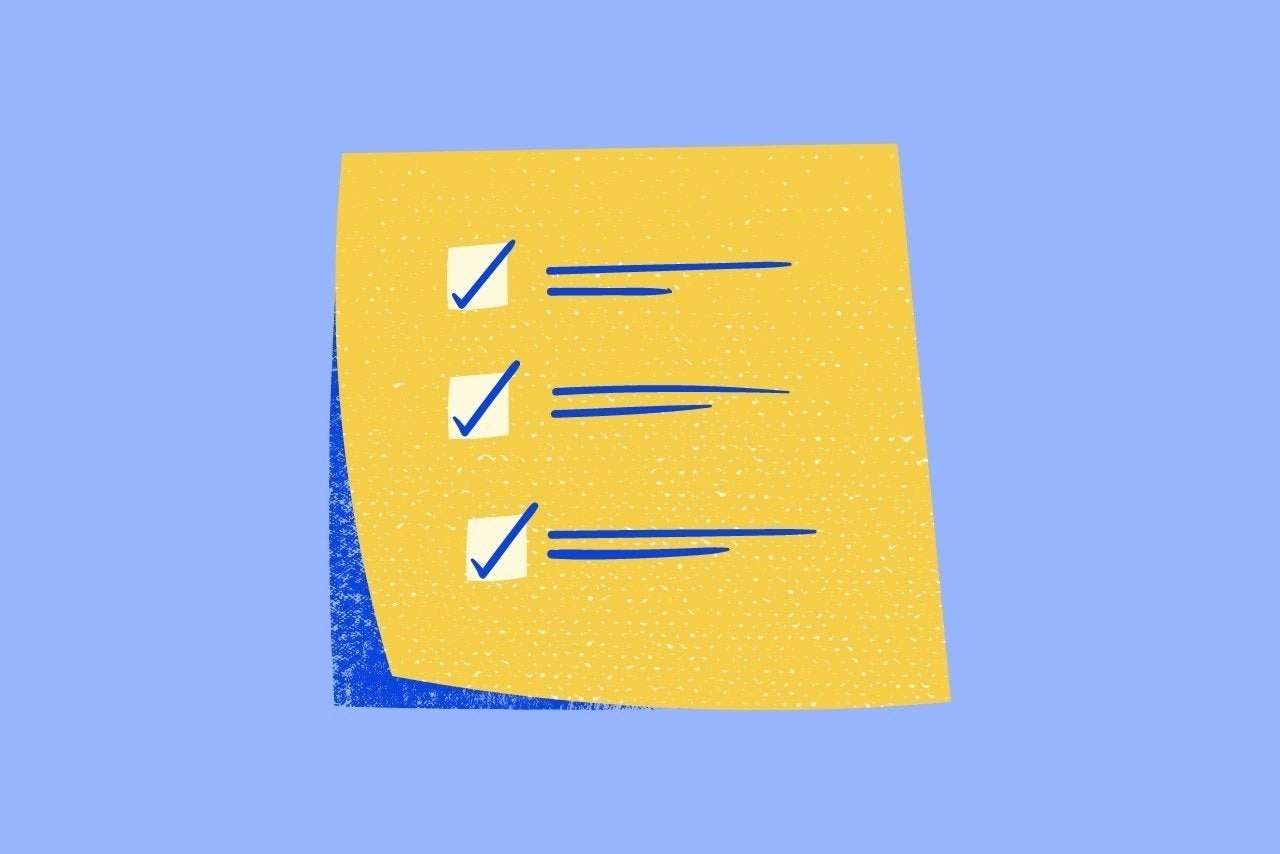As we move further into the quarter, midterm season often feels like a frightening reminder that we’re halfway through our classes. Because of this, the deadlines start creeping into the back of our minds, suddenly jumping out of the dark and startling us into anxiety-driven days of anticipation alongside sleepless nights of endless “what-ifs.” It’s almost a ritual for students when preparing for these larger assignments: endless studying, energy fueled by coffee/energy drinks, and perhaps a few breakdowns here and there. As a junior who is double majoring in Psychology and English, every quarter I find myself having to exist within these two distinct spheres of education. On the one hand, I have essays to write, but on the other hand, I have in-person exams I have to study for. Having to grapple between these two subjects is hard, but it often provides a nice balance. Despite their differences, I find that my adaptability to different assignments helps me succeed since I study in ways that I’ve found help me the most depending on the different subjects that I’m learning.

Although studying for assignments varies drastically for different majors, there are some basic steps that I know that everyone, regardless of their major, can take when it comes to midterm prepping. Despite the information and structure of classes being very different according to every person’s major, there is always a middle ground that can help set us up for success:
- Plan Ahead of Time: In some instances, professors don’t announce any larger assignments until a few weeks before it’s due. It makes it hard to plan ahead, especially when some of the material we learn is only available a few days before the larger assignment is due. But, some professors do have the assignments laid out on the syllabus with specific dates. In both scenarios, it’s important to plan what material needs to be reviewed, even if it means going over what you just learned right after lecture, after every lecture. By familiarizing yourself with the material, it becomes easier to go over the material before the large assignment, as well as being prepared without doing an extensive study session before all your different assignments for classes pile onto each other.
- Good Note-Taking: Preparing for midterms is all about figuring out the best way that helps you learn the material, which is why reviewing the material you went over in class is made easier when you understand the notes that you take. Once you follow a certain kind of note-taking that you enjoy, it makes preparing for midterm less hectic for an already overwhelming week. For me, I find that reading over my notes while going over the textbook and lecture slides helps me maximize my time and energy. Once I become more familiar with the material in both broad and specific terms, the whole picture becomes clearer. Also, if a study guide is provided, I usually look for key terms in my notes and see what might need clarification according to what I’m being tested on, or look for concepts that need further familiarization. (Picture of notes)
- Ask for Help: Although it can feel daunting having to approach your TA or professor for help, most of the time they are happy to help you! I know that it’s hard to find time in between everything else going on in and outside of school, but I find that dropping by during office hours or even emailing them to see if they have availability at a different time, helps me with any questions or concerns I might have about the material. It is one less obstacle that I have to worry about so that I can facilitate my studying without stressing about unfamiliar/unclear material I’m potentially getting tested on.
Surviving midterm season is not an easy task! Despite being in my 3rd year in college, I still find myself overwhelmed with doubts about whether I’m doing everything I can to succeed in my classes. It’s hard to feel hopeless, but I believe that these steps are a process that, when practiced enough times, make midterms less scary as I go through the school year and see my success. Don’t feel discouraged if you don’t do as well as you thought you would! Take it as a way to further improve the way that you learn and study, as well as recognize that you are doing the best you can during such a nerve-racking time. Over the quarters, I’ve found different ways to not only provide myself reassurance that I’m worthy of being in the classroom alongside all my peers, but that I am capable of succeeding in ways that make me feel proud of my work. It’s a process that can only be perfected through trying, failing, learning, and succeeding.



